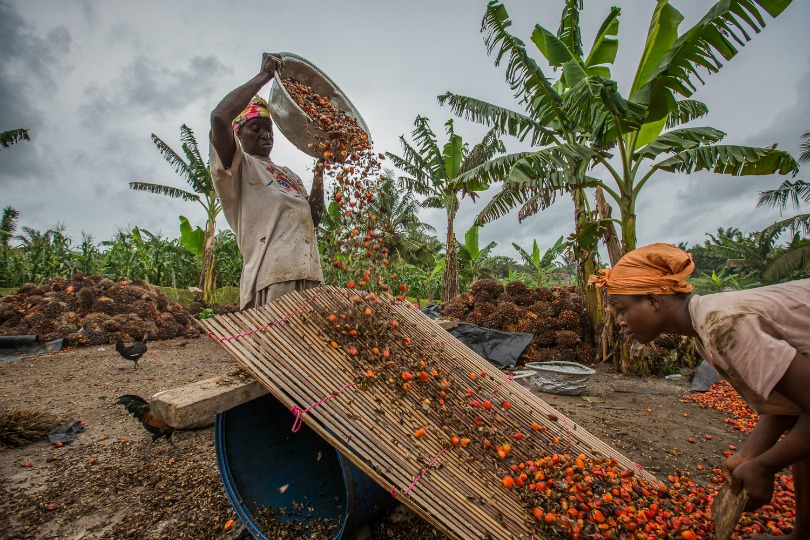“The single most pressing challenge facing Africa’s governments is to harness the continent’s increasing wealth and use it to improve people’s lives. Agriculture is at the heart of that challenge,” says the Africa Progress Panel’s 2014 report. Indeed, agriculture is the backbone of most African economies as majority of the continent’s people live near or on arable land that can be cultivated.
According to the panel, many Asian countries with a strong track record in reducing poverty started out by raising agricultural productivity. Ethiopia and Rwanda also demonstrate that Africa has the potential to follow these examples.
Nigeria’s agriculture minister, Akinwumi Adesina, has described sub Saharan Africa’s growth record over the past decade as “a disturbing paradox.” At a World Food Prize lecture series, Mr Adesina said, “Africa is a continent with enormous potential for agricultural growth, yet one where food insecurity and malnutrition are widespread and persistent”. The International Food Policy Research Institute has found that on average, agricultural growth reduces poverty roughly twice as much as growth in other sectors. So why have we not seen this growth in Africa?
One major reason for the lack of growth via agriculture is urbanization. There were roughly 6.7 rural residents to each urban resident over a 100 years ago. Now, there is less than one as people leave their rural communities to seek better economic opportunities in urban areas. Urbanization means that there are fewer people in the rural areas and smaller land for agriculture. It also brings major changes in demand for agricultural products both from increases in urban populations and from changes in their diets. While the number of people engaged in agriculture is declining, production can actually increase if the right technology and farming practices are employed. The fraction of the population engaged in agriculture is actually lower in advanced countries but their productivity is much higher.
The risk of missing out on a major source of income in a sector where many countries on the continent have comparative advantage is high. National economies will be denied an amazing opportunity for dynamic and inclusive growth. The case for a renewed focus on agriculture is overwhelming. And the value of agriculture must take center stage now.
What policies can be implemented to ensure that the region’s produce becomes the main source of nourishment for its people? That certain land will be reserved solely for agriculture, and not skyscrapers?










